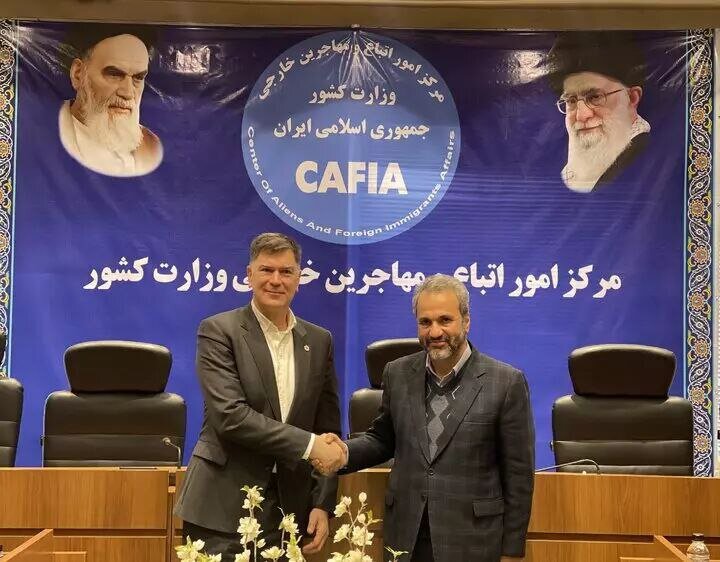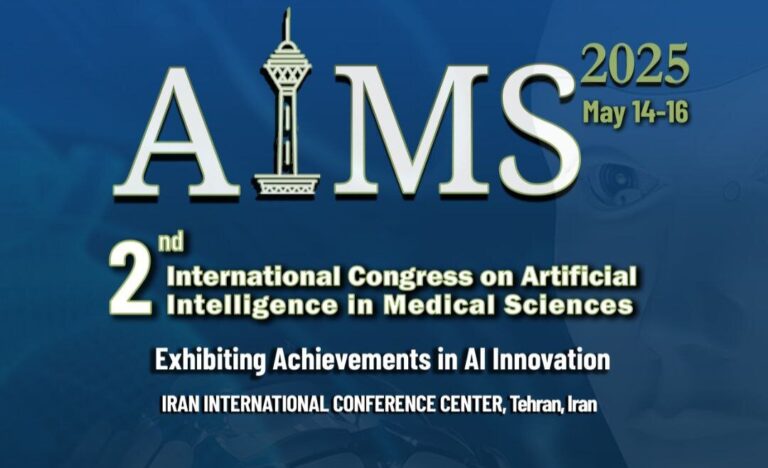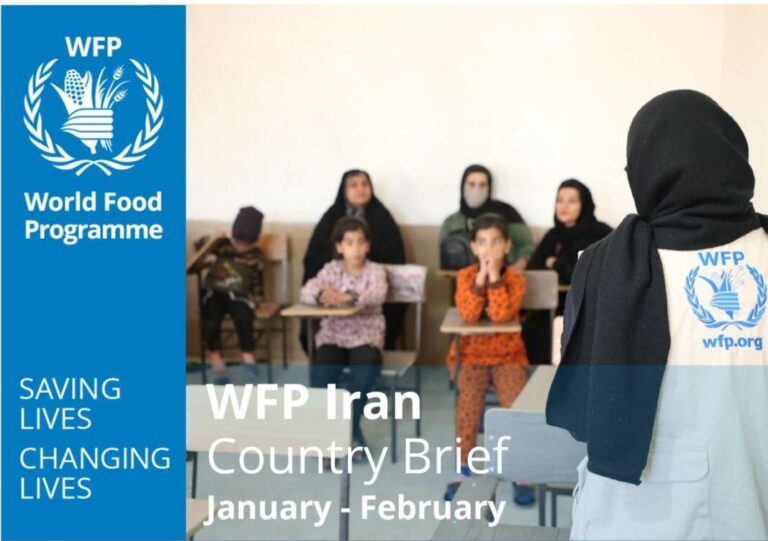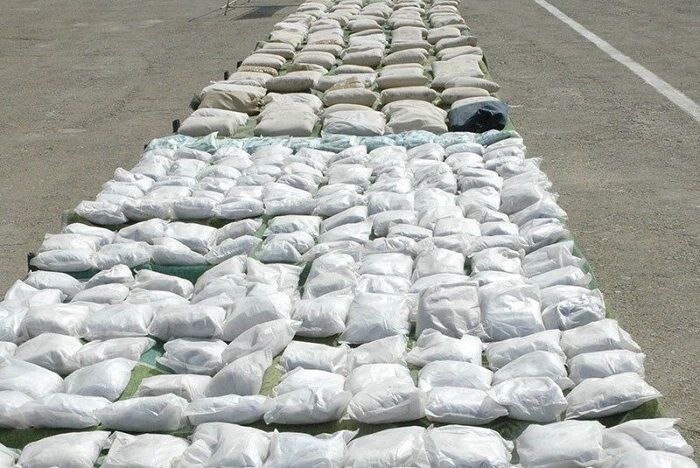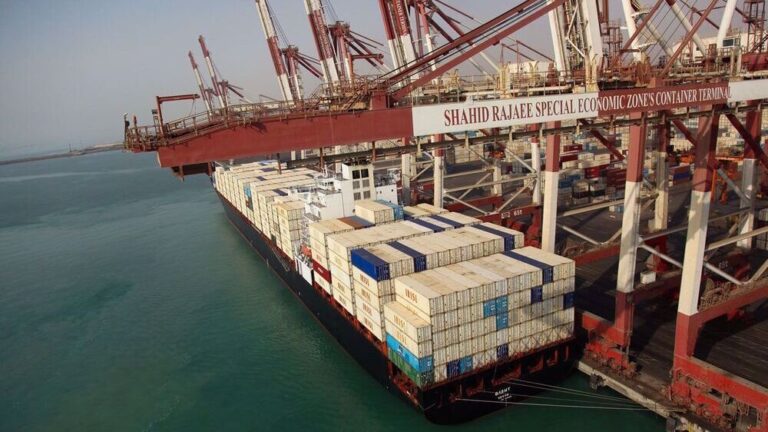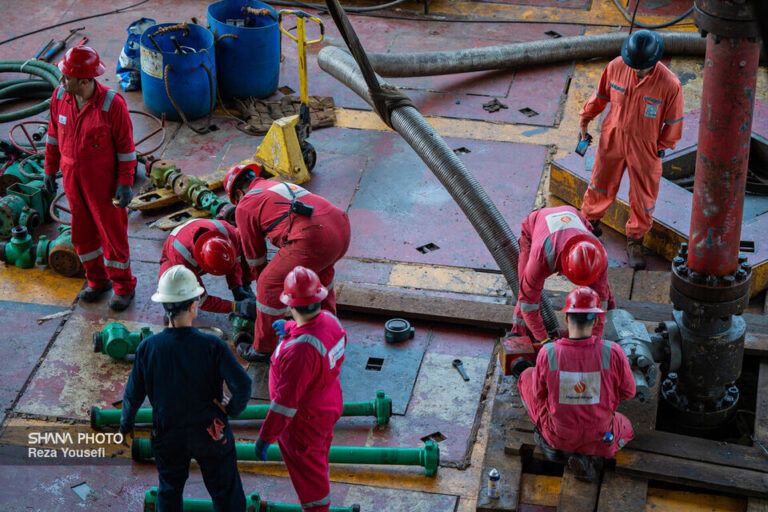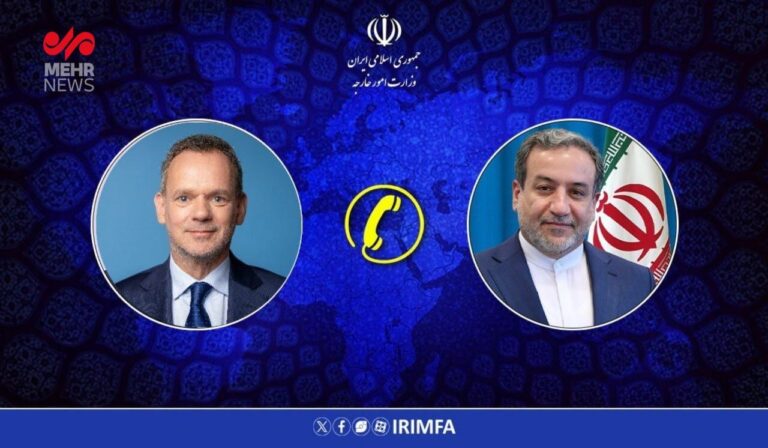ICRC Steps Up to Empower Refugee Students in Iran: A Lifeline of Support
The International Committee of the Red Cross (ICRC) is stepping up its efforts to provide educational support for refugee children in Iran. This initiative comes as a response to the country’s commitment to hosting foreign nationals, particularly Afghan refugees, amidst a growing humanitarian crisis. Vincent Cassard, the ICRC representative in Iran, emphasized the organization’s readiness to collaborate with local authorities to enhance educational opportunities for these vulnerable children.
During a meeting on February 5 with Nader Yar-Ahmadi, head of Iran’s National Organization for Migration, Cassard praised Iran’s significant contributions to family reunification and education on the dangers posed by weapons contamination. He highlighted the ICRC’s humanitarian missions not only in Iran but also in conflict-affected regions like Syria and Lebanon, particularly during the Iran-Iraq war.
Yar-Ahmadi acknowledged the challenges posed by the suspension of U.S. financial aid and the increasing number of Afghan refugees in Iran. He expressed hope that ICRC’s resources could help alleviate some of the financial burdens associated with the influx of refugees.
Key points from their discussion included:
- The significant number of refugee students in Iran.
- The importance of education in empowering nations, especially Afghanistan.
- Proposals for joint educational initiatives, which received a positive response from Cassard.
Upcoming Joint Projects
In May 2024, the Iranian Red Crescent Society (IRCS) and the ICRC will launch joint programs specifically aimed at addressing the challenges faced by Afghan refugees and vulnerable Iranian communities in the Golshahr district of Mashhad, located in the northeastern Khorasan Razavi province.
According to Razieh Alishvandi, the IRCS director for international affairs, this initiative will provide essential health and rehabilitation services to Afghan immigrants and local residents. The project is part of a broader memorandum of understanding (MOU) established in the Iranian calendar year 1392 (2013-2014) between the IRCS and ICRC, which focuses on supporting rehabilitated refugees.
The program will cover:
- Basic health services
- Mental health support
- Educational resources
- Social services aimed at reducing social harm
Additionally, physically disabled individuals will receive rehabilitation services, mobility aids such as orthotics, prostheses, wheelchairs, and walkers, as well as relevant physical therapy services, including physiotherapy and occupational therapy, as defined by the ICRC.
Service recipients will be identified by the Society for Recovery and Support, approved by the ICRC representative, and then referred to the IRCS for assistance. The project is set to roll out in four provinces along Iran’s eastern border, where many Afghan immigrants have settled due to the recent political changes in Afghanistan.
Funded by the ICRC, preparations are already underway to equip IRCS rehabilitation centers in Mashhad, which will cater to a large number of local residents and Afghan nationals. These centers will also implement various initiatives such as a mine awareness project, an international humanitarian law project, and health services for vulnerable immigrants.
Potential Changes in Refugee Policies
In an important statement made in October 2024, Yar-Ahmadi warned that if the international community fails to share the responsibility of hosting refugees, Iran may have to reconsider its immigration policies. This comment was made during a meeting held alongside the 75th Annual Session of the Executive Committee of the United Nations High Commissioner for Refugees (ExCom), which took place from October 14 to 19 in Geneva, Switzerland.
During this session, Yar-Ahmadi acknowledged the support provided by the UNHCR in Iran, but he also pointed out the immense pressure that an increasing foreign population places on educational, economic, cultural, social, and health infrastructures. He criticized the disparity between the UNHCR’s budget and the actual needs and costs associated with accommodating refugees in the country.
Yar-Ahmadi emphasized that less than one percent of the costs for hosting refugees have been covered, making it unlikely for Iran to continue accepting more refugees. He suggested that, without adequate support, refugees may need to return to their home countries.
This ongoing dialogue between Iranian officials and the ICRC underscores the urgent need for comprehensive solutions to the refugee crisis, emphasizing the importance of education and support for refugees in Iran.
